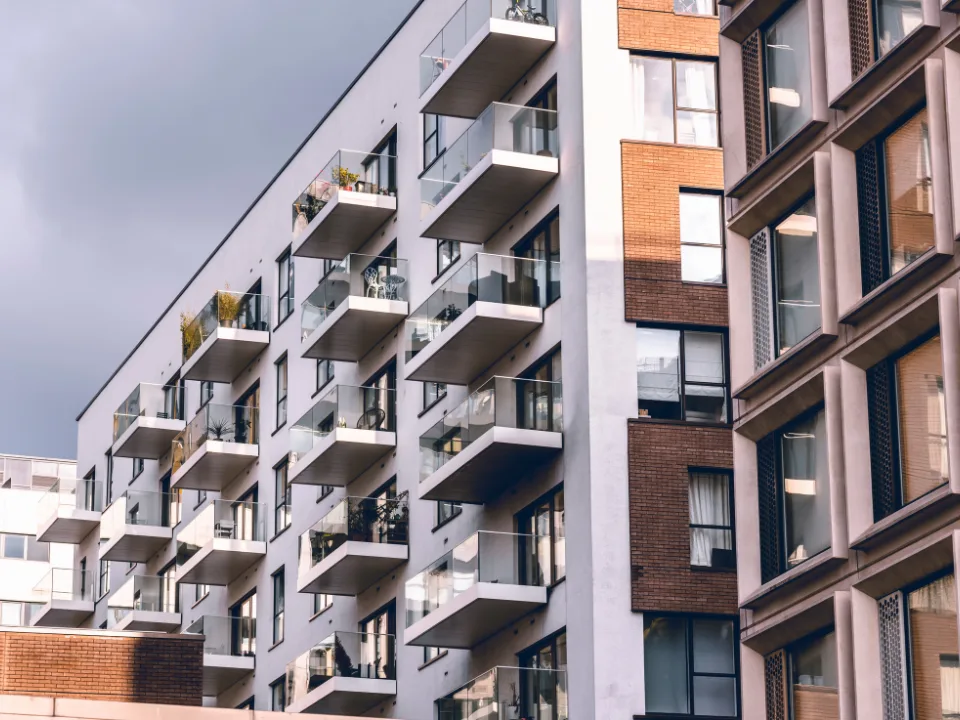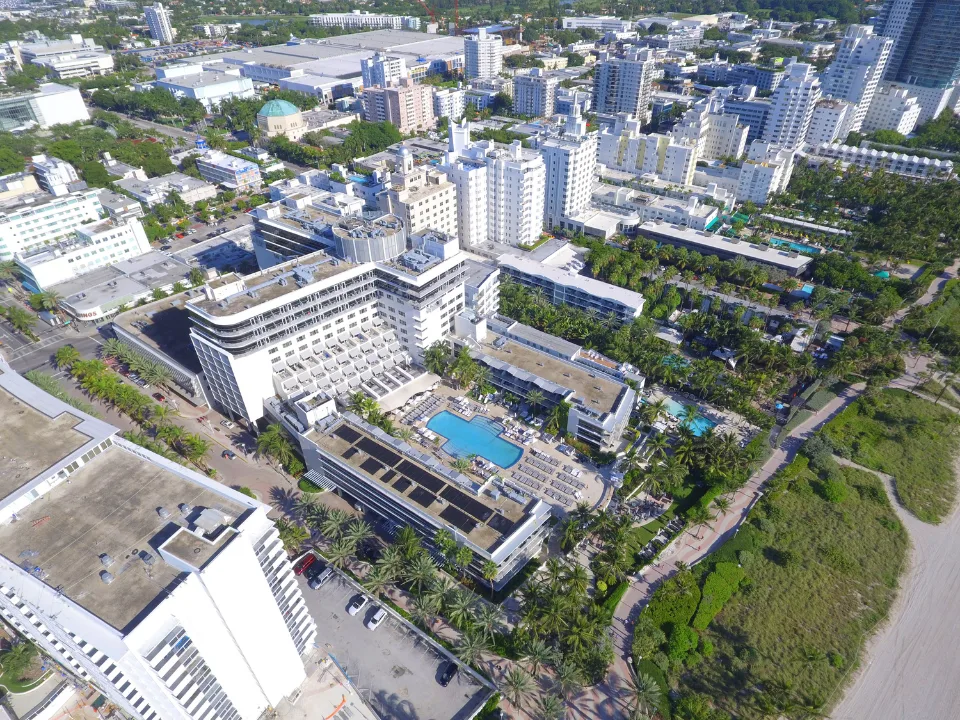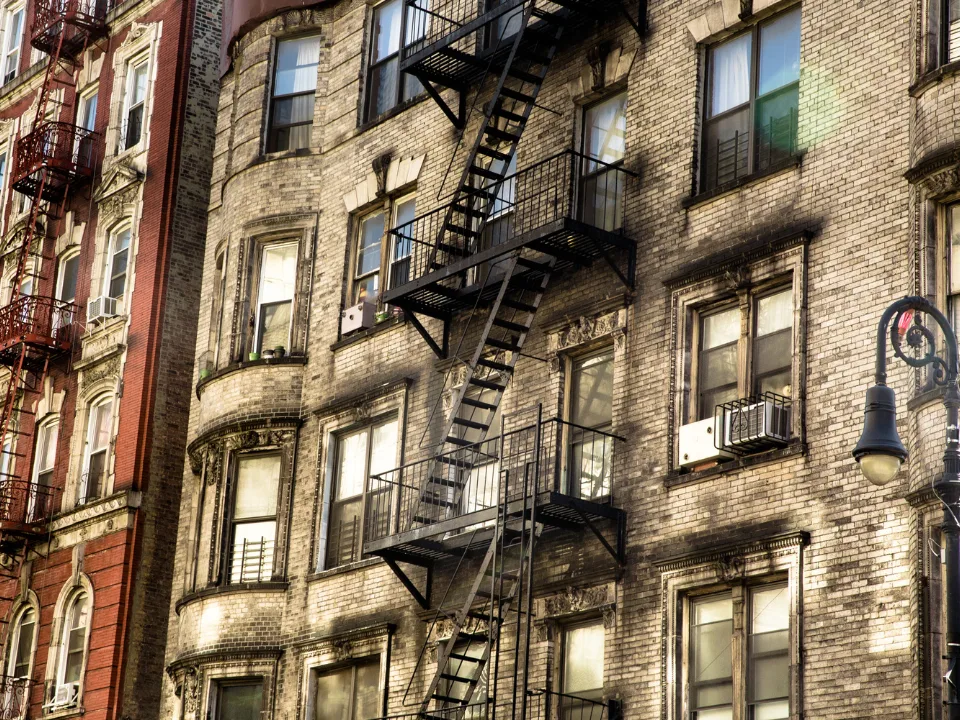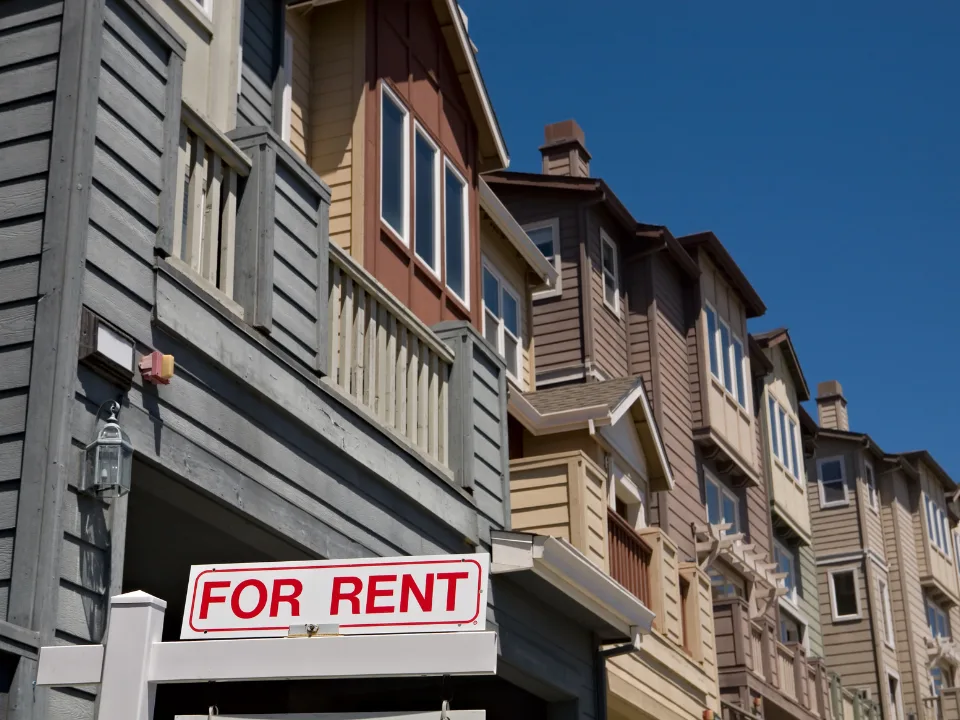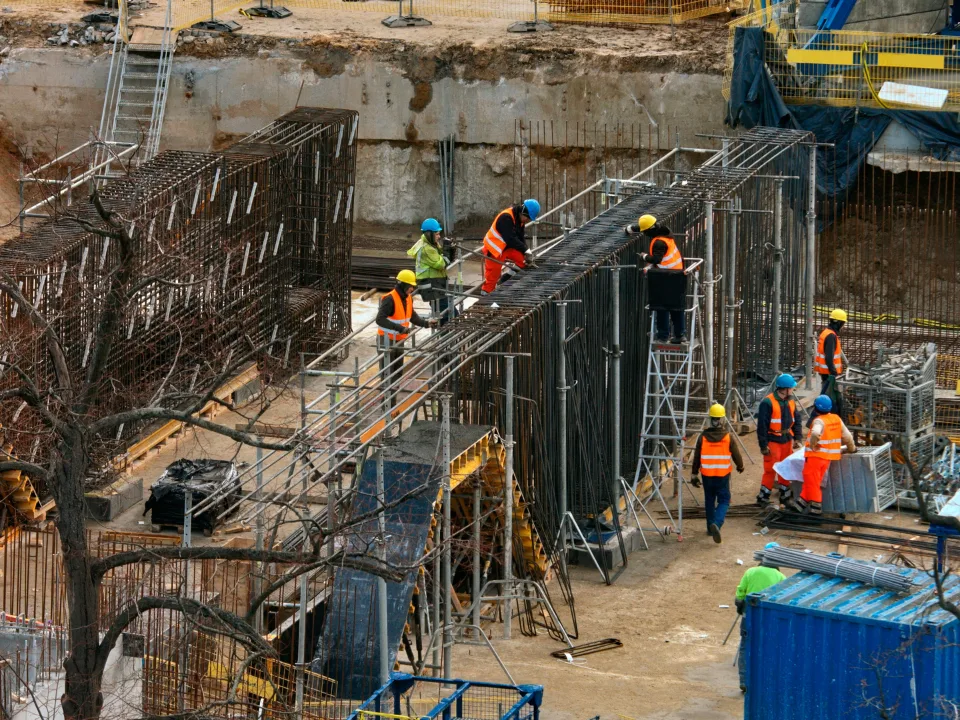- Manhattan has 6.5K available apartments, but brokers report a shortage of high-quality listings that meet buyer preferences.
- Manhattan’s months of supply sits at just over seven, slightly above long-term norms, yet specific buildings and neighborhoods face intense demand.
- Much of the inventory consists of overpriced, outdated, or undesirable properties, fueling buyer frustration.
According to The Real Deal, by traditional measures, NYC’s housing market appears balanced. But is it?
Tale of Two Markets
UrbanDigs reports Manhattan’s months of supply—a key metric for housing availability—hovered around seven in October 2024, slightly above historical norms. This indicates a market that is neither overheated nor stagnant.
However, brokers on the ground paint a different picture. They cite a lack of “good” inventory—homes that align with buyers’ desires for modern finishes, historic townhouses, or prime locations.
Despite nominal availability, many apartments remain unsold due to outdated features or aspirational pricing.
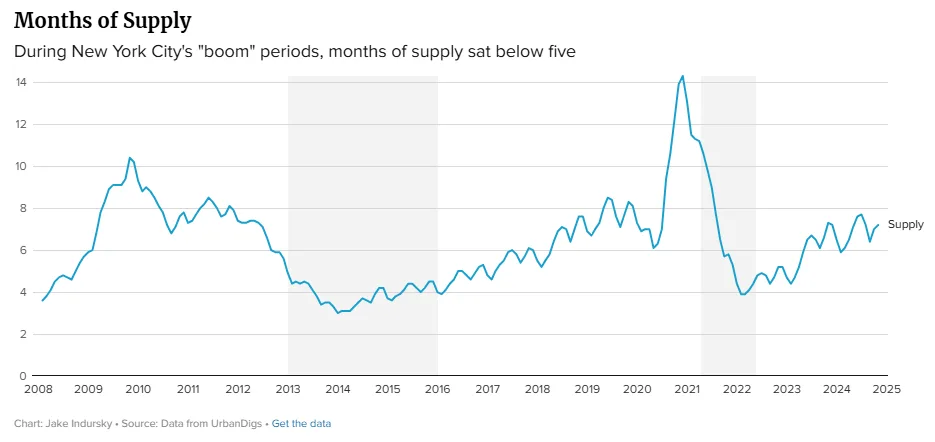
Tale of Two Markets
This mismatch has created what brokers call a “tale of two markets.” High-demand buildings, such as 443 Greenwich Street in the West Village, see fierce competition, while units in older or less desirable buildings languish.
For instance:
- New Developments Struggle: Buildings like One Wall Street and 53 West 53rd Street have been on the market for years with minimal traction due to pricing and aging finishes.
- Brooklyn’s Bidding Wars: In contrast, Brooklyn remains highly competitive, with one in four apartment sales in Q3 resulting in bidding wars.
Compass’ Leonard Steinberg compares the market to New York’s restaurant scene: “You can walk down 20 blocks past empty restaurants and come to one with a crowd outside. That’s the story of New York City real estate.”
Pandemic Fallout
COVID-19 reshaped New York City’s real estate market more dramatically than most U.S. cities. The pandemic initially froze demand, which surged in 2021 before being stifled again by rising mortgage rates.
This turbulence disrupted the usual cycle of supply and demand:
- Seller Hesitation: Many sellers are unwilling to list at current market values, especially if they purchased at peak prices during the 2021 frenzy.
- Buyer Preferences: Buyers are focused on specific types of properties—luxury condos, prime-location townhouses—leaving many listings overlooked.
Is It a Housing Shortage?
The situation in NYC is distinct from the broader national housing shortage. While other markets face critical under-supply, Manhattan has a glut of unsold units in certain segments.
The issue is not a lack of housing but a disconnect between what’s available and what buyers want. Jonathan Miller, CEO of Miller Samuel, explains: “The numbers are not low, but they feel low to brokers because much of the inventory is overpriced, outdated, or simply undesirable.”
Long-Term Outlook
Brokers predict that a drop in mortgage rates could reignite buyer activity, but significant changes in supply dynamics may take years.
As Eugene Litvak of Compass notes, “It feels like most people are just riding it out,” suggesting a slow path to equilibrium.
In the long term, New York’s market may stabilize, but the current dynamics underline a nuanced challenge: balancing not just the quantity of housing but also its quality and alignment with buyer expectations.
Get Smarter about what matters in CRE
Stay ahead of trends in commercial real estate with CRE Daily – the free newsletter delivering everything you need to start your day in just 5-minutes
